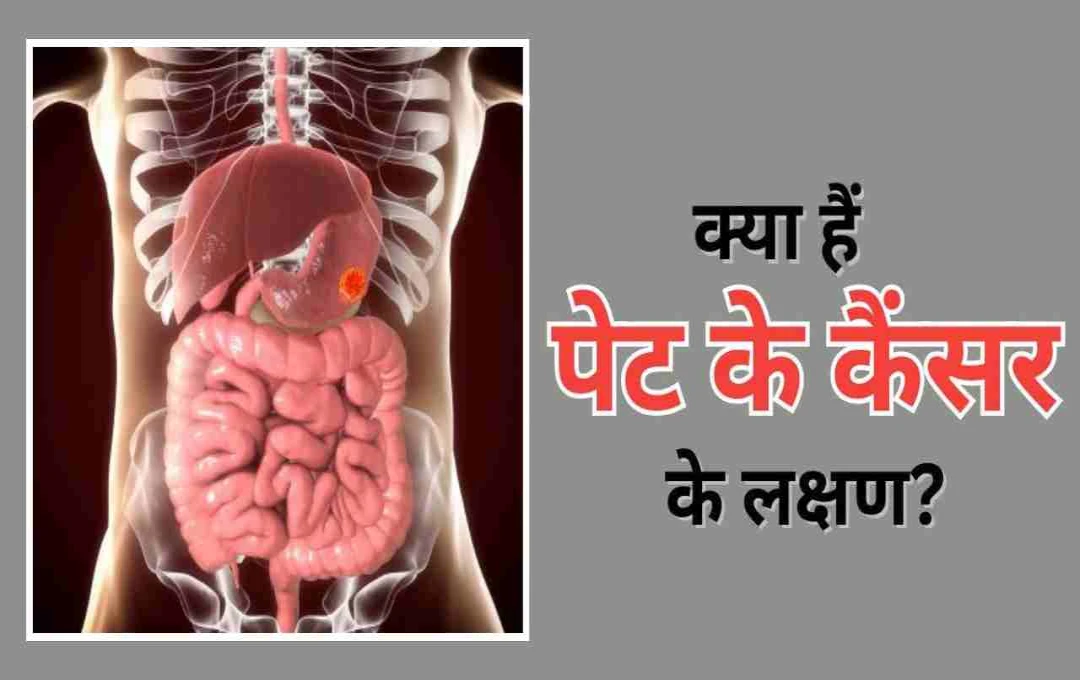Smoking causes nicotine to enter the body, increasing both blood pressure and heart rate. This puts unnecessary strain on the heart. Prolonged strain impacts the heart's functionality and significantly increases the risk of serious conditions like heart disease and heart attack.
Smoking is extremely harmful not only to the lungs but also to the heart. It not only causes heart disease but also increases the risk of a heart attack. Nicotine and other harmful chemicals in cigarettes and tobacco constrict arteries, reducing blood flow and depriving the heart of essential oxygen. This puts pressure on the heart and affects its performance.
The Impact of Smoking on the Heart
- Arterial Constriction: Nicotine from smoking constricts blood vessels, reducing blood flow and oxygen supply to the heart. This results in increased strain on the heart, impacting its function and increasing the risk of heart disease.
- Increased Blood Pressure and Heart Rate: Smoking elevates blood pressure and heart rate. This increased strain forces the heart to work harder, potentially leading to heart problems over time. Consistent smoking puts continuous pressure on the heart's blood vessels, contributing to heart attacks.
- Cholesterol Imbalance: Smoking increases levels of bad cholesterol (LDL) while decreasing good cholesterol (HDL). Bad cholesterol leads to plaque buildup in arteries, obstructing blood flow and increasing the risk of heart attack. This plaque further constricts blood vessels, hindering blood flow.
- Blood Thickening and Clot Formation: Smoking thickens the blood, increasing the risk of blood clots. If these clots lodge in the heart's arteries, they can cause a heart attack. Smoking also accelerates blood clotting, further increasing heart attack risk.
Can Smoking Cause a Heart Attack?

Yes, absolutely. Smoking is extremely dangerous for the heart. Numerous scientific reports and doctors' advice confirm that smokers have a significantly higher risk of heart attack. Long-term cigarette or bidi smoking weakens and narrows blood vessels, hindering oxygen delivery to the heart.
Smoking causes harmful fats (plaque) to accumulate in the blood. This plaque gradually builds up in the heart's arteries, blocking them. When blood flow is interrupted, the heart doesn't receive sufficient oxygen, leading to a heart attack. These attacks can be sudden and life-threatening.
Therefore, if you smoke, it's time to quit. Even a single cigarette can harm your heart. By quitting smoking, you can not only avoid a heart attack but also live a longer, healthier life.
Improving Heart Health
- Quit Smoking: Quitting smoking is the first and most crucial step to improving heart health. It improves blood vessel condition and oxygen supply to the heart, reducing arterial constriction and heart attack risk. If you haven't quit yet, resolve to do so today.
- Adopt a Balanced Diet: A healthy diet improves heart health. Eat green vegetables, fruits, omega-3 rich foods (like fish, walnuts, flaxseeds), and fiber-rich foods (like oats, porridge). Avoid fried, oily and junk foods, as they raise cholesterol. A proper diet provides essential nutrients for the heart and protects against fat buildup in blood vessels.
- Exercise Regularly: Engage in 30-40 minutes of light exercise daily. Walking, yoga, or cardio improves blood flow and strengthens the heart. Regular exercise controls heart rate and weight, reducing the risk of heart disease.
- Reduce Stress: Mental stress harms heart health. Incorporate meditation, pranayama, and yoga to reduce stress. Maintaining mental peace benefits both heart and mental health. Getting enough sleep is also essential for both body and heart rest.
- Get Regular Health Checkups: Regularly check your health, especially blood pressure, cholesterol, and blood sugar. This provides insight into your body's condition and allows for timely solutions to any problems. Regular doctor consultations reduce health risks and prevent heart disease.

Causes of a Heart Attack
Heart attacks have numerous causes, with smoking, high blood pressure, and cholesterol imbalance being the most common. Smoking introduces nicotine, which constricts arteries and disrupts blood flow to the heart. Similarly, persistent high blood pressure puts excessive strain on the heart muscle, weakening it. Increased bad cholesterol (LDL) and decreased good cholesterol (HDL) lead to plaque buildup in arteries, increasing the risk of heart blockage.
Obesity and physical inactivity are also major causes. Lack of exercise and a diet high in oily or sugary foods increases body fat, straining the heart. Diabetes is dangerous because it damages blood vessels, significantly increasing the risk of heart disease. Consistent stress and lack of sleep are also significant contributing factors.
Balanced diet, exercise, stress management, and a healthy lifestyle are crucial for heart health. Excessive alcohol consumption and family history also increase the risk of heart disease. If heart disease runs in your family, extra caution is necessary. Prevention is the best protection against heart attacks. Get regular health checkups and don't ignore any symptoms.
Smoking increases the risk of heart attacks and heart disease; quitting is essential. A healthy diet, regular exercise, stress management, and regular health checkups can improve your heart health. Will you commit to improving your lifestyle today? Keep your heart healthy and enjoy a long life.














